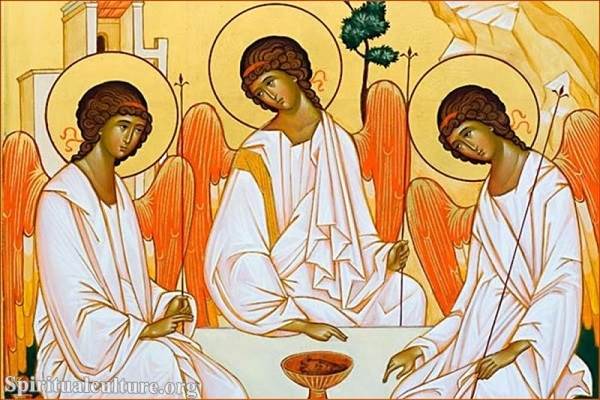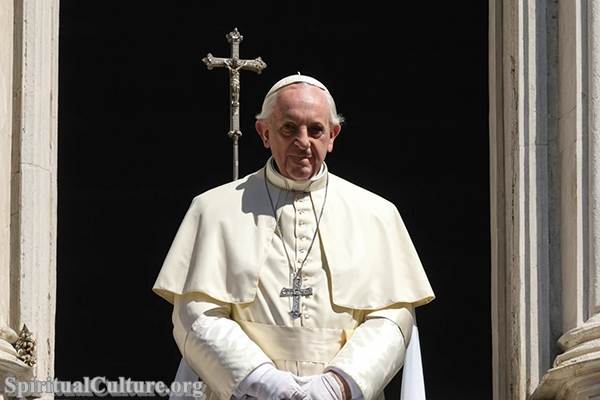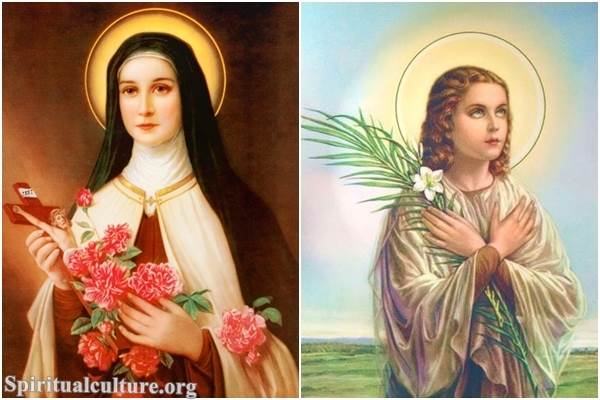At its core, the doctrine asserts that one God exists in three distinct persons: the Father, the Son, and the Holy Spirit. Each of these persons is fully God and possesses all the attributes and characteristics of God, yet they are not three separate gods but one God in three persons.
The Father is often described as the creator and ruler of the universe, the source of all life and goodness. The Son, Jesus Christ, is the incarnate Word of God, who became human and lived among us, died for our sins, and rose from the dead. The Holy Spirit is the third person of the Trinity, often referred to as the “Comforter” or “Helper,” who indwells and empowers believers.

The doctrine of the Trinity is derived from various scriptural passages, such as the Great Commission in Matthew 28:19, where Jesus commands his disciples to baptize “in the name of the Father and of the Son and of the Holy Spirit” and John 14:26 “But the Helper, the Holy Spirit, whom the Father will send in my name, he will teach you all things and bring to your remembrance all that I have said to you.”
The idea of the Trinity was developed by early Christian theologians and formulated by the Church councils in an attempt to explain and defend the biblical teaching about God. At the Council of Nicaea in 325 AD, it was officially adopted as a central doctrine of Christianity.
Despite this, the concept of the Trinity is a mystery, and it is not fully understandable by the human mind, as it is a mystery of faith.
Another important aspect of the doctrine of the Trinity is the concept of the “economic Trinity.” This refers to the different roles and functions that the Father, Son, and Holy Spirit play in the work of salvation. The Father is the creator and ruler of the universe, the Son is the redeemer and savior of humanity, and the Holy Spirit is the sanctifier and helper of believers. Each person of the Trinity plays a unique and essential role in the plan of salvation, yet they are all united in their purpose and work.
The doctrine of the Trinity is also closely related to the idea of the “Immanent Trinity” and “Economic Trinity.” Immanent Trinity refers to the inner life of the Godhead. The three persons of the Trinity, Father, Son, and Holy Spirit, are in an eternal relationship. Economic Trinity refers to the external works of God, such as creation, redemption, and sanctification.
Despite its complexity and the fact that it is not fully understandable by the human mind, the doctrine of the Trinity is considered a fundamental belief of Christianity. Understanding God’s nature, character, and plan of salvation is essential.
It is also worth noting that different Christian denominations interpret the doctrine of the Trinity differently, and some may have slightly different beliefs and understandings of the Trinity.


